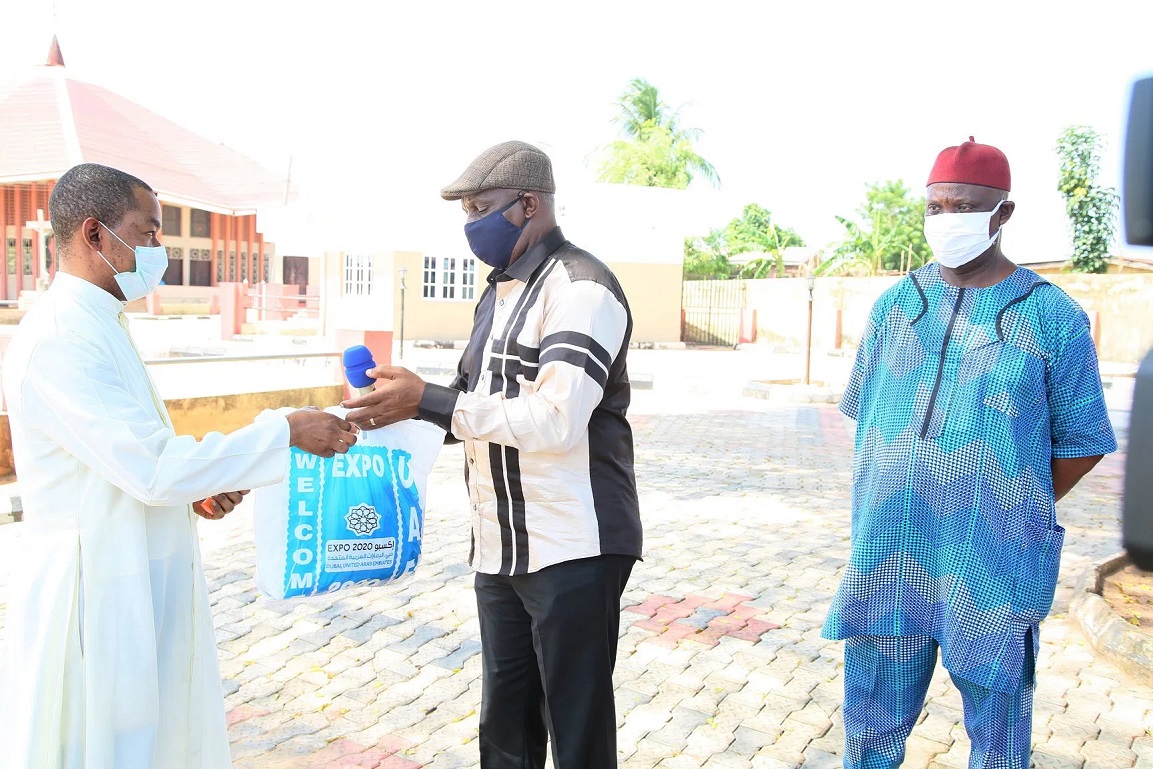Children under 15 more likely to die of diarrhoea –UNICEF

Doosuur Iwambe, Abuja
A new report released by the United Nations Children’s Fund (UNICEF) has revealed that children under the age of 15 living in areas affected by protracted conflicts are 20 times more likely to die from water-related diseases than from violence.
The report which took an insight at mortality rates of about 16 countries going through prolonged conflicts revealed that conflict created by violence in the North-East region has created huge challenges for the people to access water and sanitation, leading to the outbreak of diseases such as cholera.
According to the UNICEF Representative to Nigeria, Mohamed Fall, more than 3.6 million people are in need of water, sanitation and hygiene services. He said that about 1.1 million of the 3.6 million people are the Internally Displaced Persons (IDPs) who he said have fled their homes due to violence and conflict.
“Many of them are out-of-reach and in remote areas still impacted by conflict. About 800, 000 people are in hard-to-reach areas and 79 per cent of these are children and women.
“In North East Nigeria, 5, 365 people were affected by cholera, with 61 dying in 2017 while 12, 643 people were affected and 175 died of cholera in 2018,” Fall added.
While reiterating UNICEF’s commitment to scale-up lifesaving responses, especially in IDP camps, Fall further reaffirmed his resolve to ensure quality and sustainability of Water Sanitation and Hygiene (WASH) services and facilities, minimize the risk of WASH-related diseases, as well as provide preventive measures against cholera and other water-borne diseases.
“Without safe and effective water, sanitation and hygiene services, children are at risk of malnutrition and preventable diseases, including diarrhea, typhoid, cholera and polio. Girls are particularly affected; they are vulnerable to sexual violence as they collect water or venture out to use latrines.
“They deal with affronts to their dignity as they bathe and manage menstrual hygiene. And they miss classes during menstruation if their schools have no suitable water and sanitation facilities.
“These threats are exacerbated during conflict when deliberate and indiscriminate attacks destroy infrastructure, injure personnel and cut off the power that keeps water, sanitation and hygiene systems running,’’ he added.








